Invited Speakers

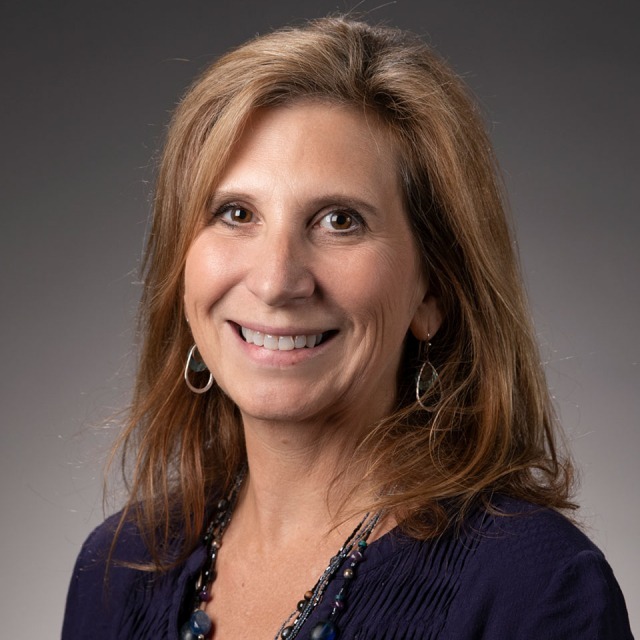
Denise Montell
Keynote Speaker
Denise Montell is Duggan Professor and Distinguished Professor in the Molecular, Cellular, and Developmental Biology department at the University of California, Santa Barbara. She served as the 2020 Genetics Society of America President. Her research focuses on the oogenesis process in Drosophila and border cell migration, and her lab works to identify novel cell behaviors and translate fundamental discoveries in cell biology into treatments for cancer and degenerative diseases.
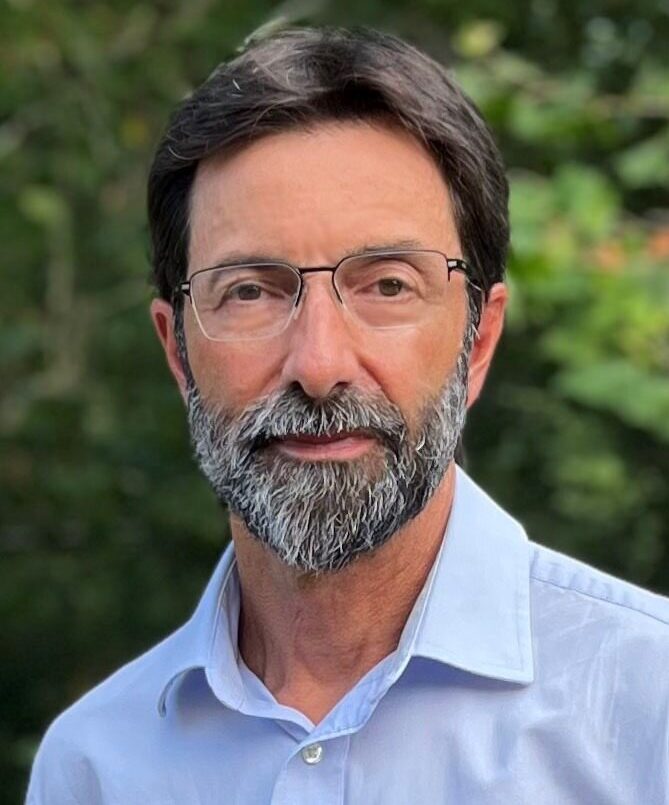
Brian Calvi
Brian Calvi is a Professor of Biology at Indiana University, Bloomington, and a member of the Simon Cancer Center. His research focuses on defining mechanisms that regulate cell division, growth, and genome integrity. Recently, his lab has uncovered how unscheduled polyploidy affects tissue and tumor growth and new functions for p53 protein isoforms. His community participation includes being co-PI of FlyBase and a member of the Executive Committee of the Alliance of Genome Resources.
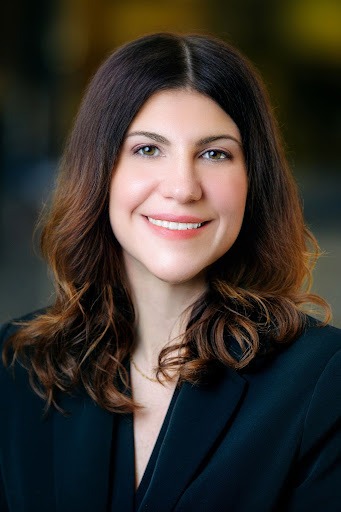
Monica Dus
Monica Dus is an Associate Professor in the Department of Molecular, Cellular, and Developmental Biology at the College of Literature, Science, and the Arts at the University of Michigan. There, she leads a multidisciplinary laboratory that studies the interplay between nutrients, genes, and brain function and teaches neuroscience and molecular genetics to approximately 500 students every year. She is passionate about public service, civic engagement, and science communication. She served as a Special Assistant for Science and Education to the Secretary of Navy as part of the White House Fellows program, is a Guggenheim Fellow in Biology, and a National Academies New Voices member.
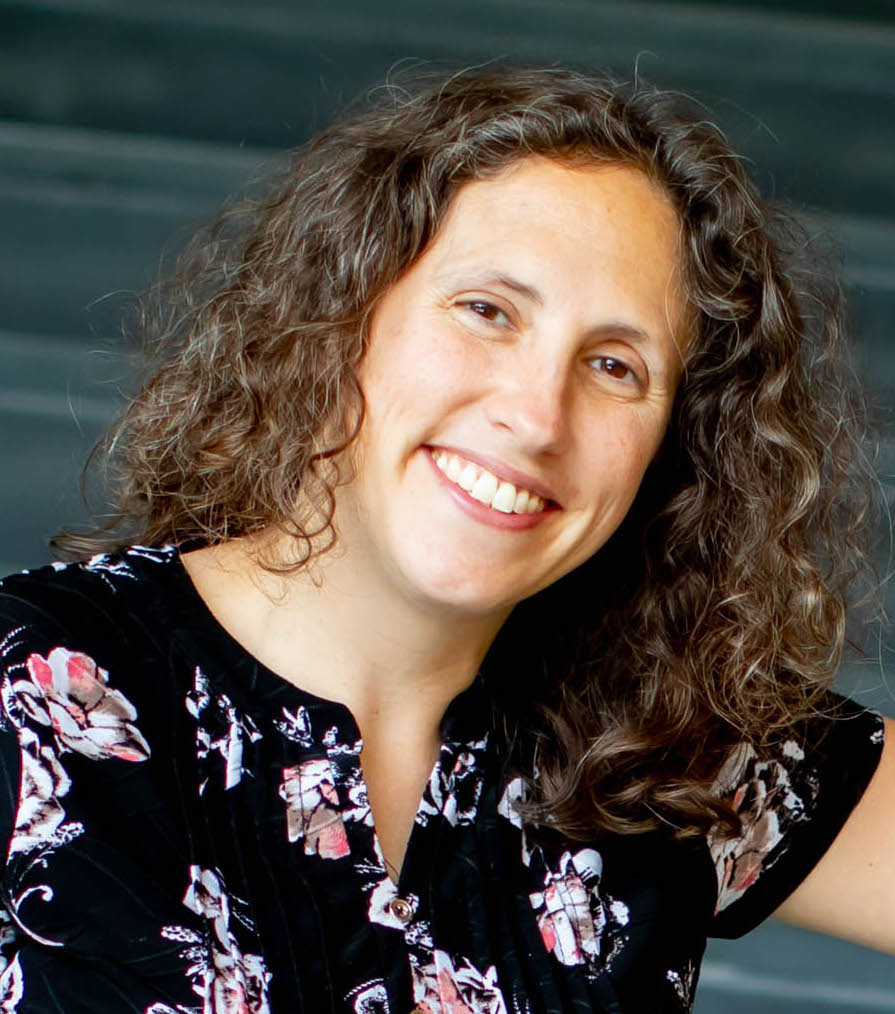
Marnie Gelbart
Marnie Gelbart is a geneticist and Director of Programs at the Personal Genetics Education & Dialogue program based at Harvard Medical School. PGED fosters awareness and dialogue about genetics by creating resources and programs that explore the relevance and impact of genetics in people’s lives. Believing that everyone deserves to be an active participant in shaping an equitable genetics future, the PGED team engages with high school students and teachers, library patrons, scientists, faith leaders from diverse religious traditions, congressional staffers, and creators of television and film, among others.
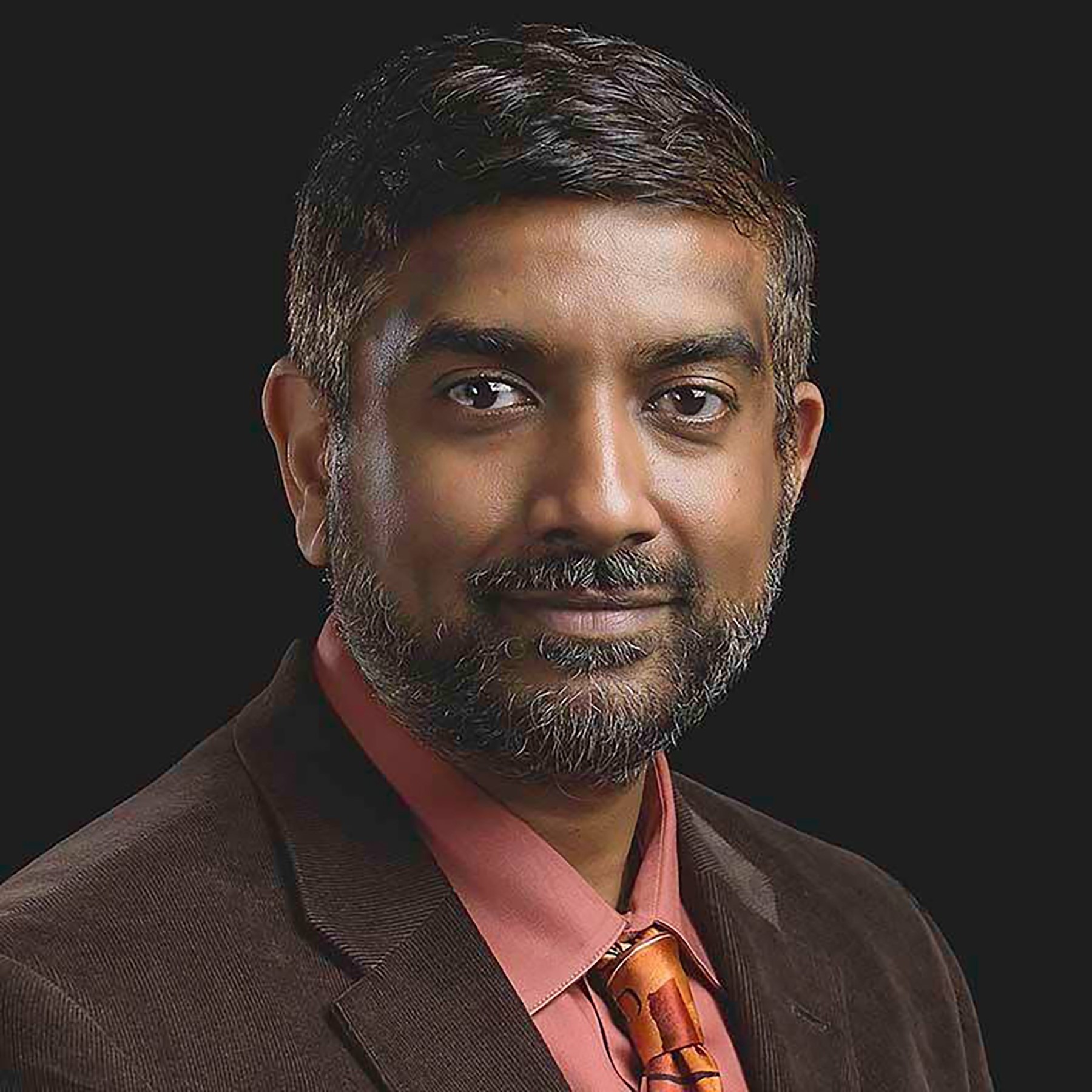
Justin Kumar
Justin Kumar is a Professor in the Department of Biology at Indiana University. He is a developmental biologist with a passion for understanding how the fates of Drosophila imaginal discs are specified. He has had a lifelong fascination has been with the development of the compound eye, a neurocrystalline lattice that arises from the eye-antennal disc. His research group investigates the mechanisms that allow naïve cells to navigate through a treacherous developmental landscape and emerge at the end of their journey as a correctly specified and patterned retina. The lab’s recent focus has been on understanding how transcription factors and epigenetic factors cooperate to establish and maintain the fate of the eye and associated tissues within the eye-antennal disc.
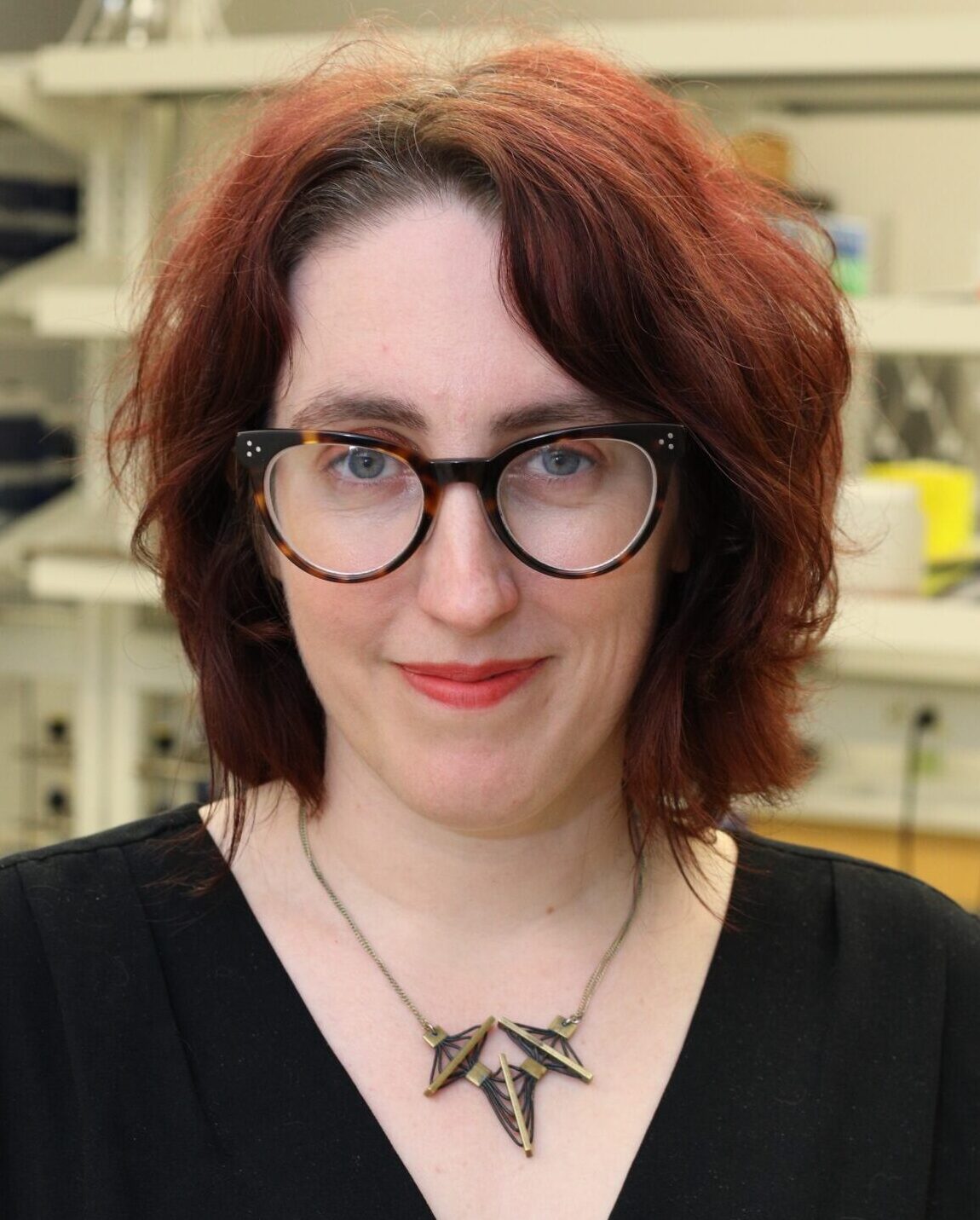
Kate Laws
Kate Laws is an Assistant Professor of Biology at Randolph-Macon College, where she studies how genes that pattern the Drosophila nervous system regulate oocyte development. She also works on curriculum design and implementation of the DrosoPHILA outreach program.
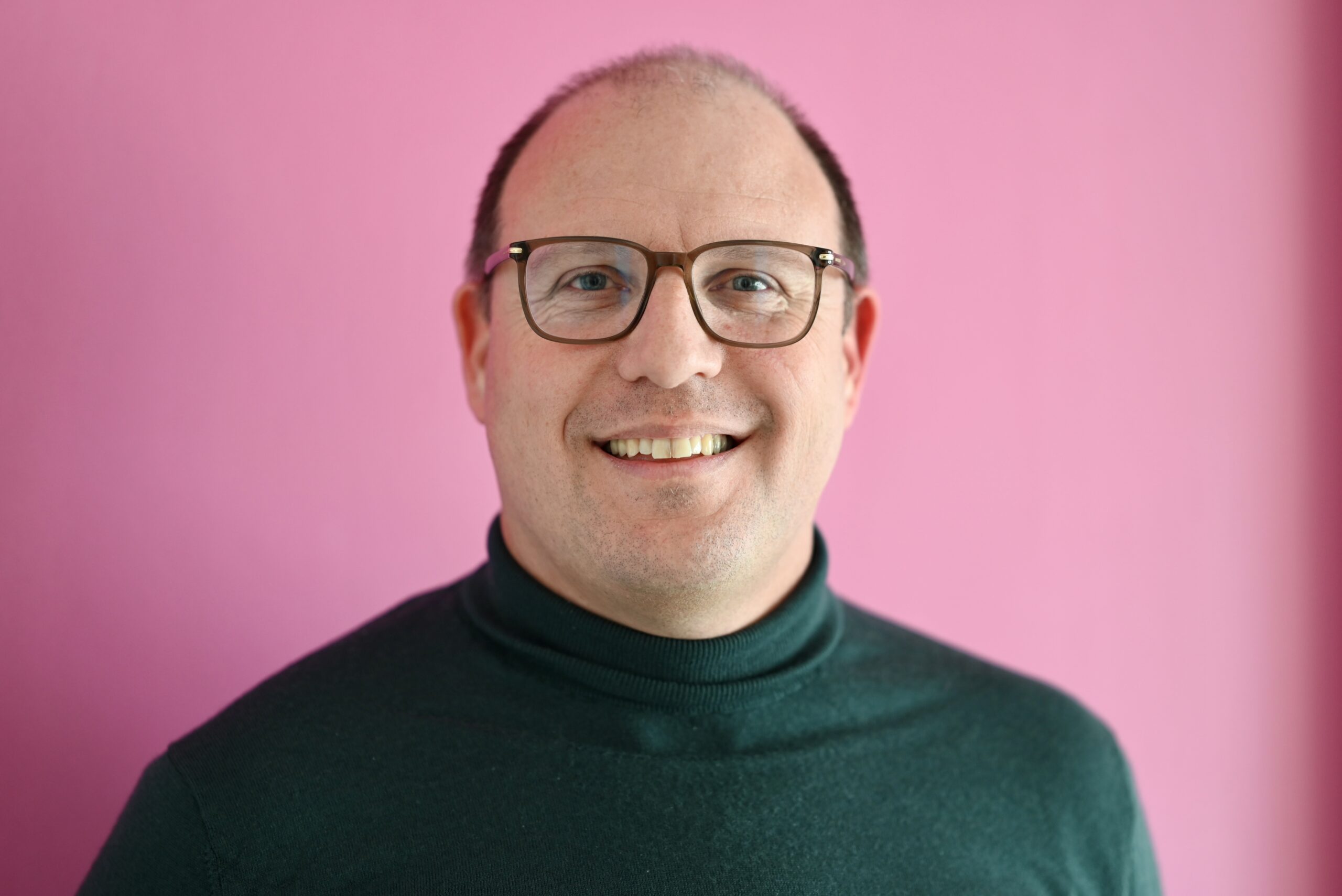
François Leulier
François Leulier, CNRS Research Director and Director of IGFL at Ecole Normale Supérieure de Lyon, specializes in fly genetics, physiology, and microbiology. Earning his PhD in 2003, he researched innate immunity using Drosophila under the supervision of Bruno Lemaitre. After postdoctoral work in London with Pascal Meier, he joined CNRS, focusing on host resistance to bacterial infections. In 2011, he shifted his research focus to studying the physiological roles of commensal microbes. His lab in Lyon now investigates intestinal microbiota’s impact on juveniles physiology using Drosophila and mice models.
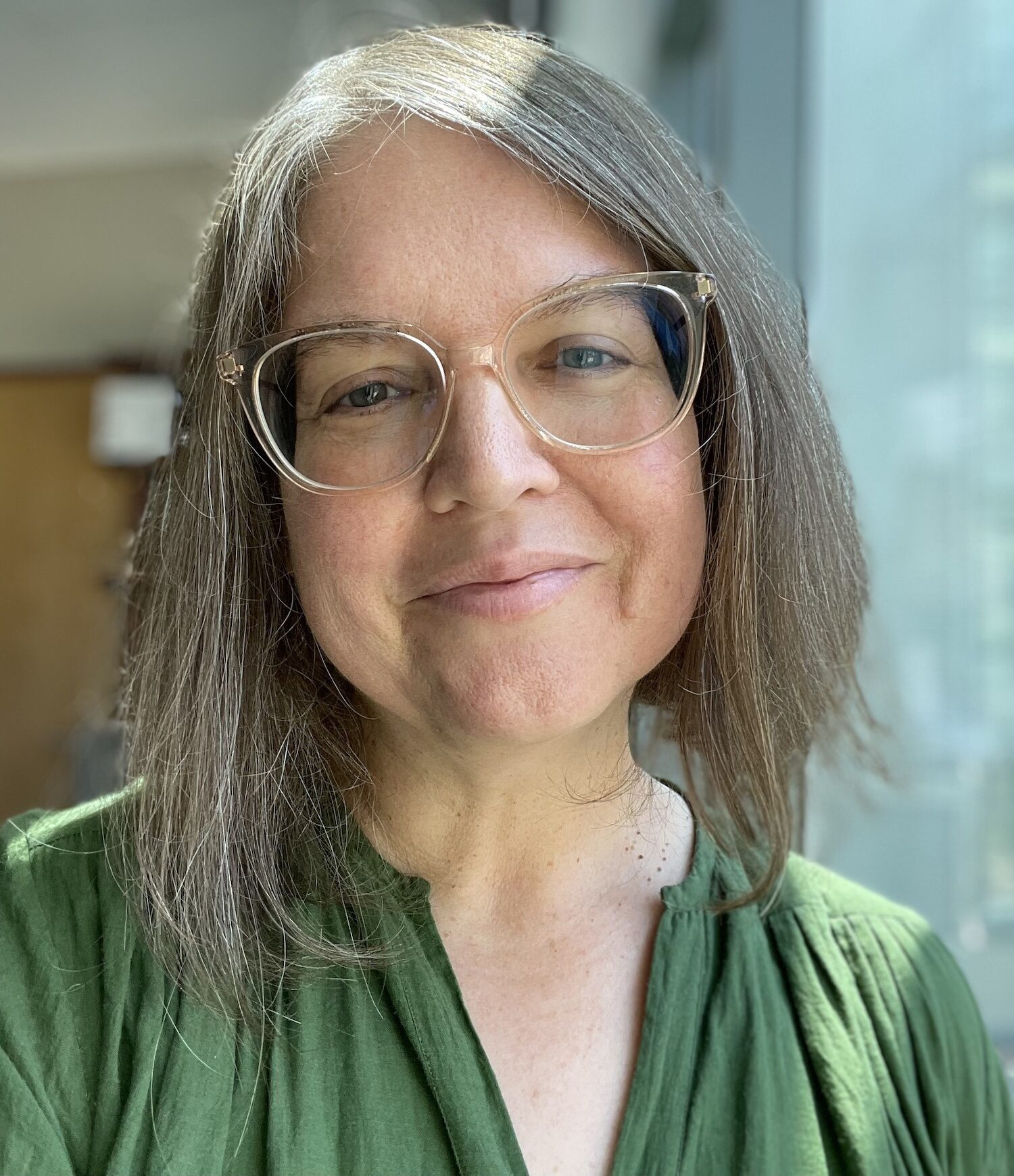
Stephanie Mohr
Stephanie Mohr is the Director of the Drosophila RNAi Screening Center (DRSC) in the Department of Genetics at Harvard Medical School. The DRSC focuses primarily on technology development and community support for high-throughput Drosophila cell screens. The DRSC is dedicated to sharing research technologies with the broadest possible user group with the goal of accelerating the pace of biological and biomedical research. She is also the author of First in Fly: Drosophila Research and Biological Discovery, co-editor of Drosophila Cells in Culture Second Edition, and a member of the GSA Public Communication and Engagement Committee.
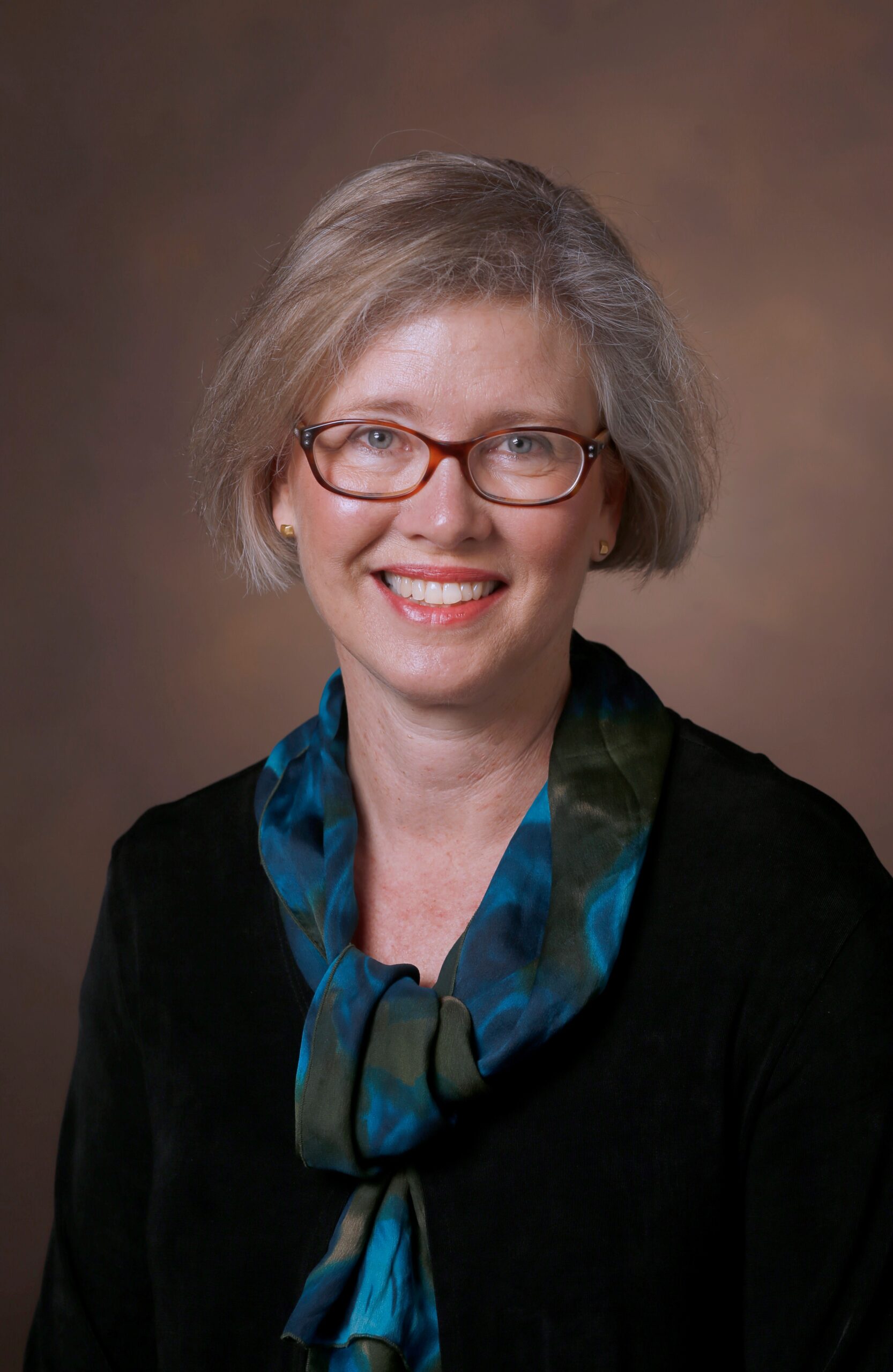
Andrea Page-McCaw
Andrea Page-McCaw is the Stevenson Professor of Cell and Developmental Biology at Vanderbilt University’s School of Basic Sciences. She has made important contributions to tissue remodeling through the lens of matrix metalloproteinases. Her group studies basement membrane repair using the Drosophila gut as a model system, and she collaborates with physical scientists to understand mechanisms of cellular wound healing in living pupae.
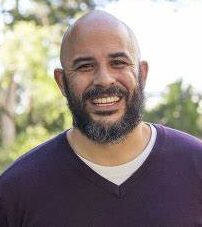
Blake Riggs
Blake Riggs is a Professor and Associate Chair of Instruction in the Department of Biology at San Francisco State University (SFSU). He received an NSF-CAREER award in 2015 to examine how cells generate diversity during development, and served as the Project Director for the Howard Hughes Medical Institute (HHMI) Inclusive Excellence Program at SFSU. He is a co-PI for the Bridge to Doctorate NIH T32 training program, the co-Chair of the Minority Affairs Committee (MAC) a standing committee dedicated to issues involving diversity, equity and inclusion in the American Society for Cell Biology community, and serves as the co-PI of the Faculty Research and Education Development (FRED) program. Currently, his laboratory studies the molecular pathway involved in organelle inheritance during cell division and how cells adopt a fate during development.
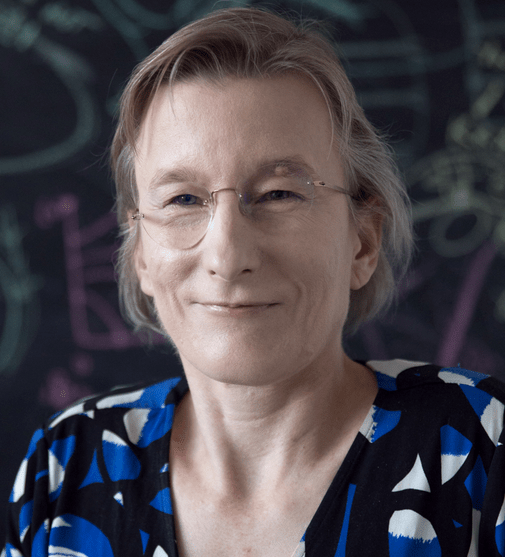
Daria Siekhaus
Daria Siekhaus is an Associate Professor in the Molecular, Cell and Developmental Biology Department at the University of California, Los Angeles. She studies how immune cells infiltrate into tissues, a relatively unexplored yet essential aspect of how the immune system protects us from infection and regulates homeostasis. Her lab seeks to understand the cell biological, metabolic, and mechanobiological changes underlying Drosophila macrophage tissue invasion, and to lay the foundation for translating these findings into advances in human health.
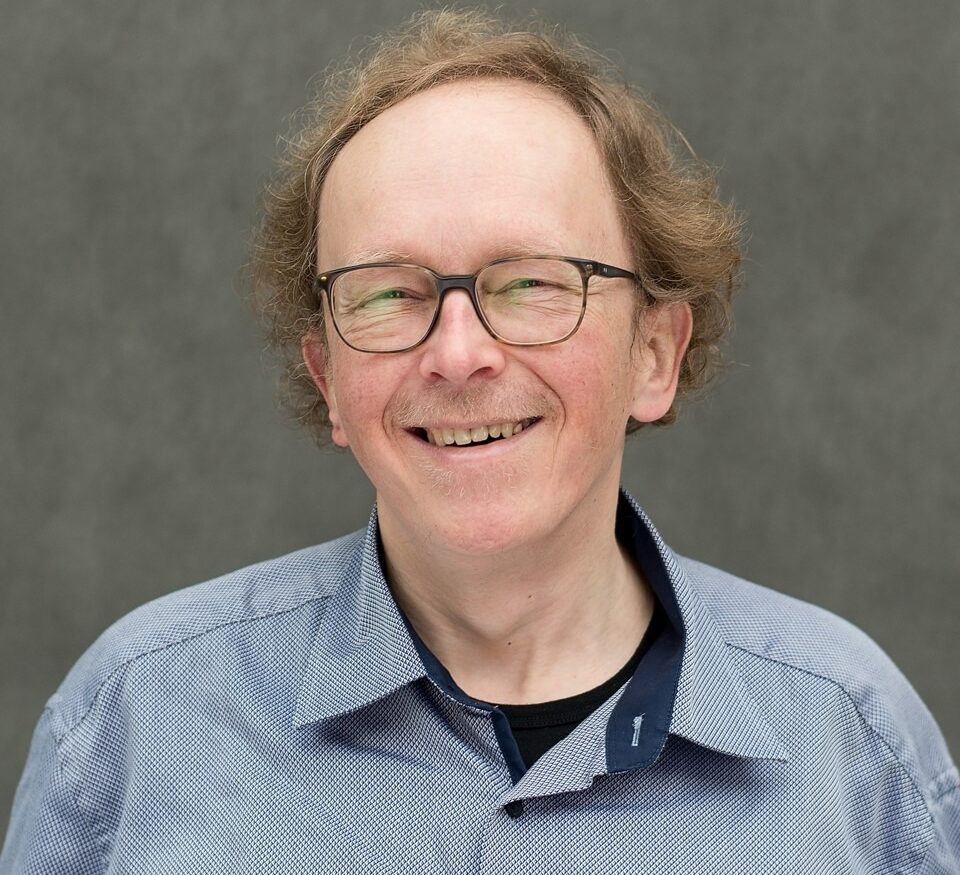
Pavel Tomancak
Pavel Tomancak studied at the Masaryk University in Brno, Czech Republic, before completing his PhD in developmental biology at the European Molecular Biology Laboratory in Heidelberg, Germany. He conducted his postdoctoral work at the University of California, Berkeley, and is currently a senior research group leader at the Max Planck Institute of Molecular Cell Biology and Genetics (MPI-CBG) in Dresden, Germany, and the Director of the Central European Institute of Technology (CEITEC) Consortium in Brno, Czech Republic. His laboratory has been using genomics approaches to investigate the role of tissue-specific gene expression regulation in developing and evolving Drosophila embryos. They have developed molecular, imaging, and image analysis techniques (Fiji project) to describe the dynamic patterns of gene expression during development with high resolution in space and time, using SPIM technology (OpenSPIM) as a cornerstone of their research. Currently, the Tomancak lab is expanding the range of model species to study by quantitative imaging methods to understand morphogenesis’s evolution.
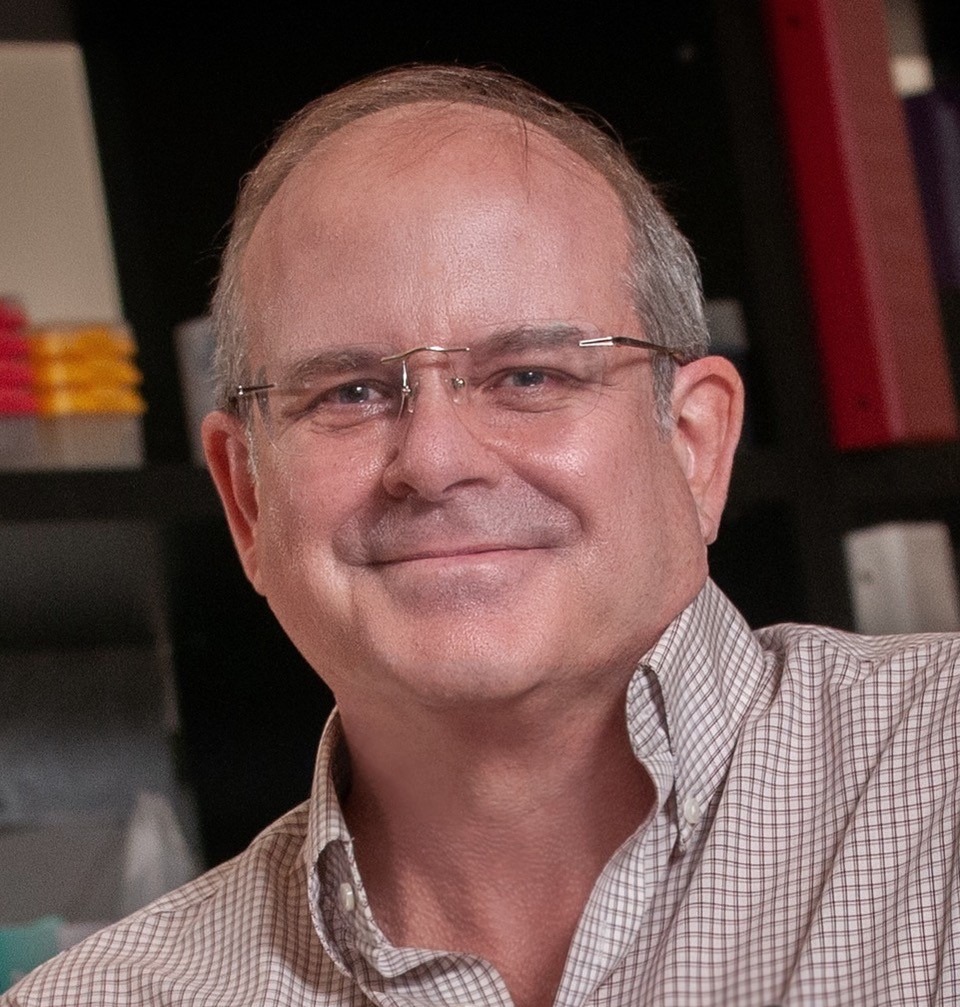
Mark Van Doren
Mark Van Doren is a Professor of Biology at Johns Hopkins University. His lab studies how the sex determination decision leads to the incredible differences in development we see between males and females. They study the formation of ovaries and testes, where some of the same genes and processes studied in Drosophila contribute to differences/disorders of sexual development and infertility in humans. This includes sexual development of the somatic cells of the gonad, as well as sex determination in the germline, which leads to development of male versus female germline stem cells and formation of sperm and eggs.
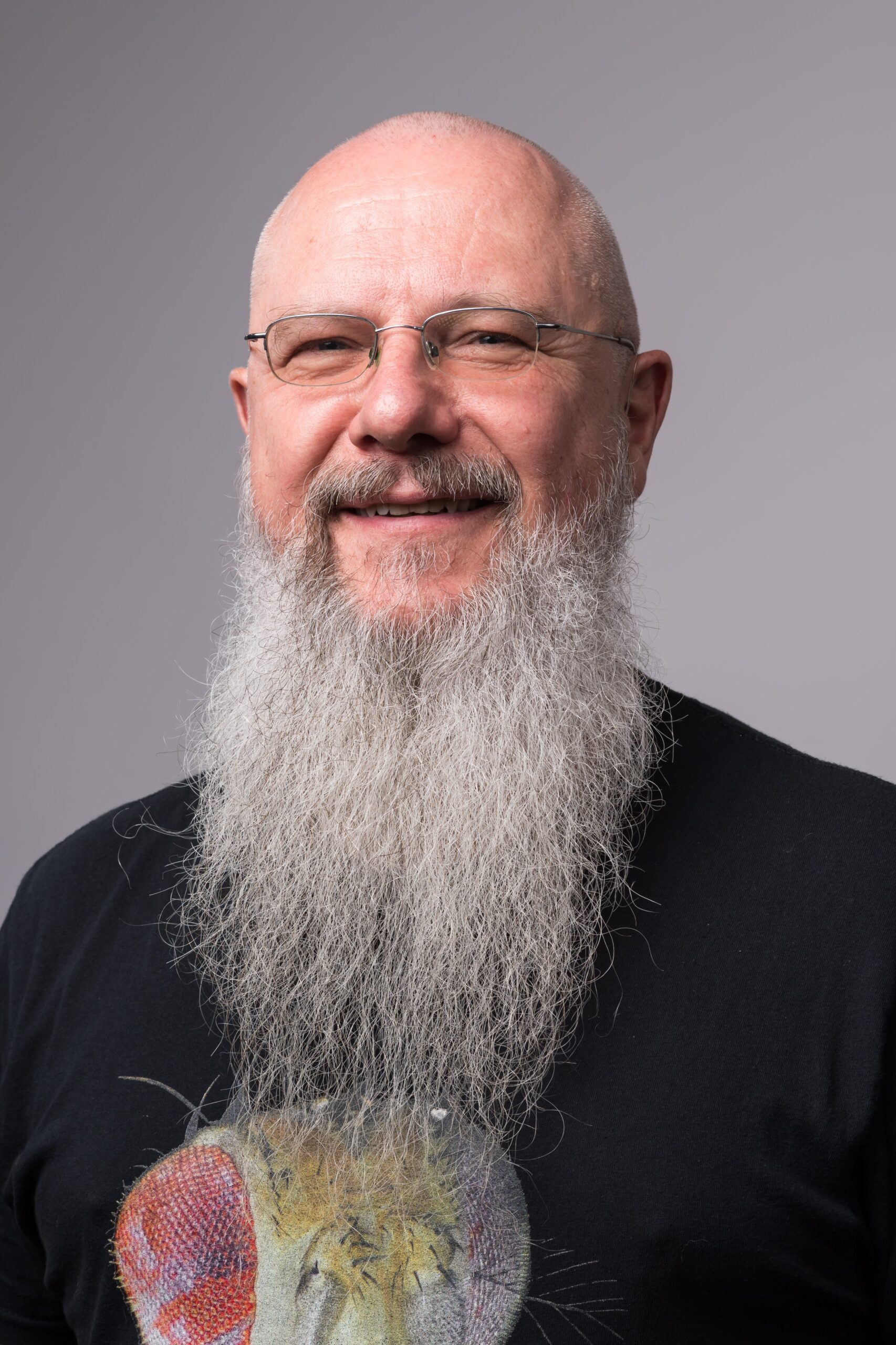
Michael Welte
Michael Welte is a Professor in the Department of Biology at the University of Rochester. His lab focuses on the role of lipid droplets as regulators of animal development. His team has uncovered that lipid droplets can modulate the embryonic transcriptome, nutrient sorting in embryos, the histone supply of oocytes, and the actin cytoskeleton of nurse cells as well as their mitochondrial metabolism. He wants to encourage other researchers to consider the potential contributions of lipid droplets to the developmental processes they study. Michael Welte is a gay man and passionate about increasing the visibility of LGBTQ scientists.

Joanne Y Yew
Joanne Yew is an Associate Professor in the Pacific Biosciences Research Center at the University of Hawai‘i at Mānoa. Her research addresses the evolution of chemical communication in Drosophila, the development of analytical methods to detect chemical signals, and the contribution of the microbiome to reproductive behavior and physiology. Her work integrates genetic manipulation, mass spectrometry, and comparative analysis using endemic Hawaiian Drosophila species.